After a fulfilling career in education, Davis "retired" to a second career in social service, one that has both uplifted and inspired the lives of those around her.
- story by Denise K. Jacobs, photos by Ellis Anderson
Spoken like an award-winning social worker.
Upon further thought, she sums it up with, “making the world a better place.” Being a good neighbor means making the world a better place, and Pat Davis knows that she has been fortunate enough to do just that. Born to parents in their 40s, Davis had the benefit of being a much-loved and welcomed child. She uses the word “spoiled” to describe her upbringing, mentioning a father who was willing to help her pursue any and all interests, once driving young Patricia to weekly tennis lessons 50 miles away. “I lucked out big in the parents and friends department,” she says. Luck can only take a person so far. Davis’ long strand of academic achievement garnered her the ability to work on issues that have interested her at the local, state, and global levels. She began with a bachelor’s degree in English from the Woman’s College of the University of North Carolina, her home state. Later, she earned a master’s in English Literature at Eastern Michigan University, Ypsilanti; a MSW at the University of Michigan (Ann Arbor); a PhD at the Tulane University School of Social Work in New Orleans; and a master’s of Public Health at Tulane University’s School of Public Health and Tropical Medicine. With an Associate Professor of Clinical Pediatrics position at the Tulane School of Medicine came the opportunity to teach and take full advantage of the tuition reimbursement plan available to the children of Tulane faculty. Davis chuckles to recall a “wonderful benefit” of teaching at Tulane: “Three of my children attended Tulane, and I probably received more in tuition-reimbursement benefits for my children than I did in salary!” In practice, Davis was the only PhD on the Pediatric Faculty among a host of MDs. Her position was funded by a grant to encourage medical schools to take a “biopsychosocial approach” in their training programs. In other words, Davis emphasized the importance of understanding human health and illness in their fullest contexts. She taught about the psychological and social issues in health care while the MDs focused on biological aspects. In the last phase of her pre-retirement career before moving to the Bay, Davis directed the Medical Social Services Division of the Louisiana State Office of Public Health and the Department of Health and Hospitals for almost a decade. Upon retirement, she fully intended to relax and enjoy their home on Felicity Street in Bay St. Louis with her husband, Richard Waldsmith, a chemical engineer. The couple designed and built their home from the ground up. She laughs as she remembers the process. “We had a strict building inspector at the time who told us we couldn’t do our own electrical wiring. Now, my husband was smart and could read directions,” she explains, “so he told the building inspector that he would like to take the same test as those licensed to wire. “And he did. And he passed! So, when Katrina flooded the house to the attic, we were able to put it together again because we had built it and knew where every piece of house belonged.” A self-described “junker,” Davis pointed with pride to two doors opening onto the back yard. She purchased them from a Green Project salvage store in New Orleans, not having a use for them at the time. Several years later, they became a focal point in her home. Davis says that most of the house is built from recycled matericals, including the windows, which were found at Carrolton Salvage Yard (also in New Orleans). 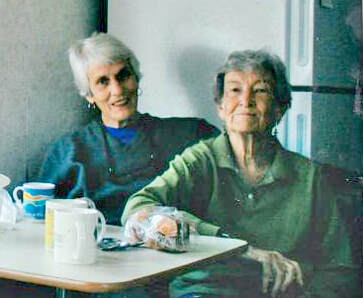
As we segue back to the Davis family’s move to Bay St. Louis, “Dr. Pat,” as she is affectionately known, recalls that Betty Spencer, her dear friend and social worker, encouraged her to teach at the University of Southern Mississippi. Together the two women forged community alliances that very much helped to make this corner of the world—at the very least—a better place.
While Davis had more experience in domestic violence and homelessness issues, Spencer’s main expertise was in mental health. Davis also had extensive experience working in New Orleans organizations dealing with violence against women. In the early 1990s, Mayor Mark Morial appointed her to the city’s first task force on domestice violence. She had also represented the Louisiana Health Department on Unity for the Homeless. Davis credits Spencer with involving her in a group that founded the Open Doors Continuum of Care for the Homeless coalition and for her service as a board member for eight years. “Betty disrupted my intention to sit on my rocking chair and rest on my laurels rather than take an active role in Mississippi advocacy activities,” says Davis. Open Doors is still a thriving organization dedicated to raising awareness by building bridges within the community and acting as a unified force dedicated to preventing, reducing, and ending homelessness. Davis had served on the Louisiana National Association of Social Workers (NASW) board and had not planned to be so involved in Mississippi. Yet, Spencer insisted that her friend also become an active member in the local NASW Program Unit. That led to Davis serving on the Mississippi State Social Work Board of Directors for two terms. “Being friends with Betty gave me easier acceptance into leadership roles in my new community,” Davis says. “In retrospect, I am extremely grateful that my beloved friend Betty used her finely honed leadership and advocacy skills on me.” Davis adds that it was a great source of pleasure that she and Spencer were named NASW Pioneers in the same group of ten “inductees” in 2012. Unfortunately, Betty had died in 2010 and was not able to attend the banquet in the NASW Building in Washington, D.C.
In 2015, Davis received the Woman’s College Legacy Award from the Woman’s College of the University of North Carolina, her undergraduate college. Dr. Pat has many other awards to her credit, including the Mayor of New Orleans’ Citizen of Merit Award for Contributions to Domestic Violence Prevention (1993) and the coveted National Association of Social Worker’s (NASW) Schenthal Leadership Award, Orleans Region (1995). Also, Davis is credited in Feminists who Changed America 1963-1975 (Barbara J. Love) for her work on behalf of the Equal Rights Amendment, her presentations on women’s issues at universities across the country, and her advocacy work on behalf of healthcare services for women. Davis's husband Rich passed away in September of last year. Now Davis seems to have finally retired and finds herself catching up on her reading. She calls herself an “audio booker” and explains with a touch of self deprecation that she tries to alternate between light reading—mostly detective stories with female protagonists—and biographies and autobiographies, Ruth Bader Ginsberg: A Life, the latest. In Dr. Pat’s experience, following her passion has been a good guide for living. She's made significant contributions toward her goal of "making the world a better place," while enriching her own life - and those around her - in the process. Comments are closed.
|
Categories
All
Archives
July 2024
|
Shoofly Magazine Partners
Our Shoofly Partners are local businesses and organizations who share our mission to enrich community life in Bay St. Louis, Waveland, Diamondhead and Pass Christian. These are limited in number to maximize visibility. Email us now to become a Shoofly Partner!

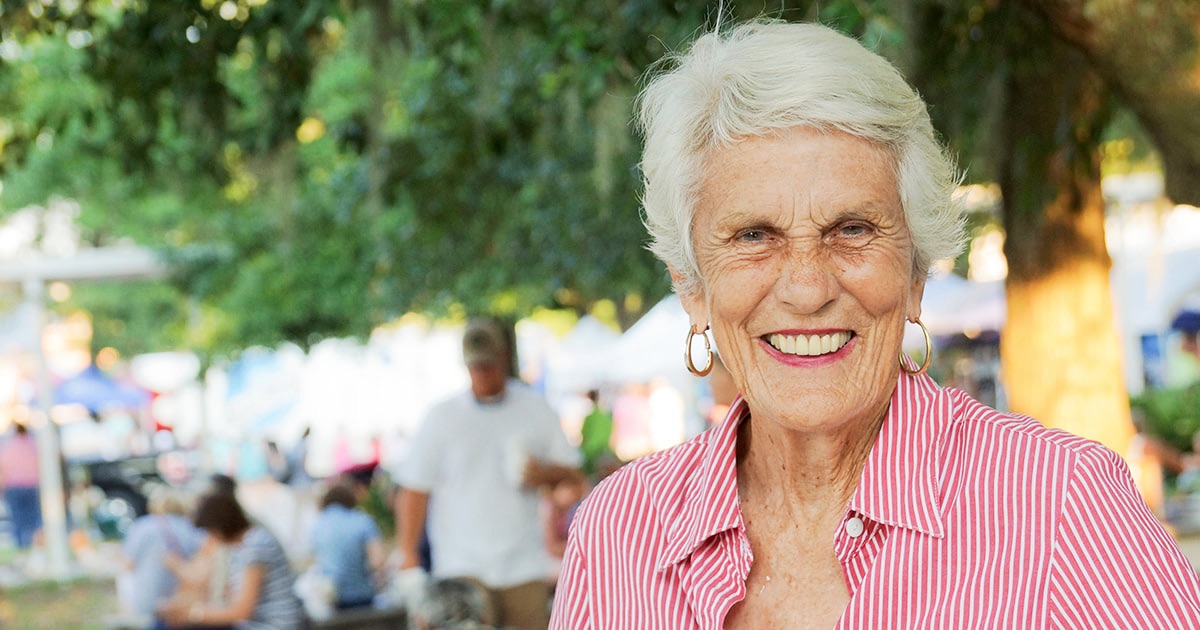

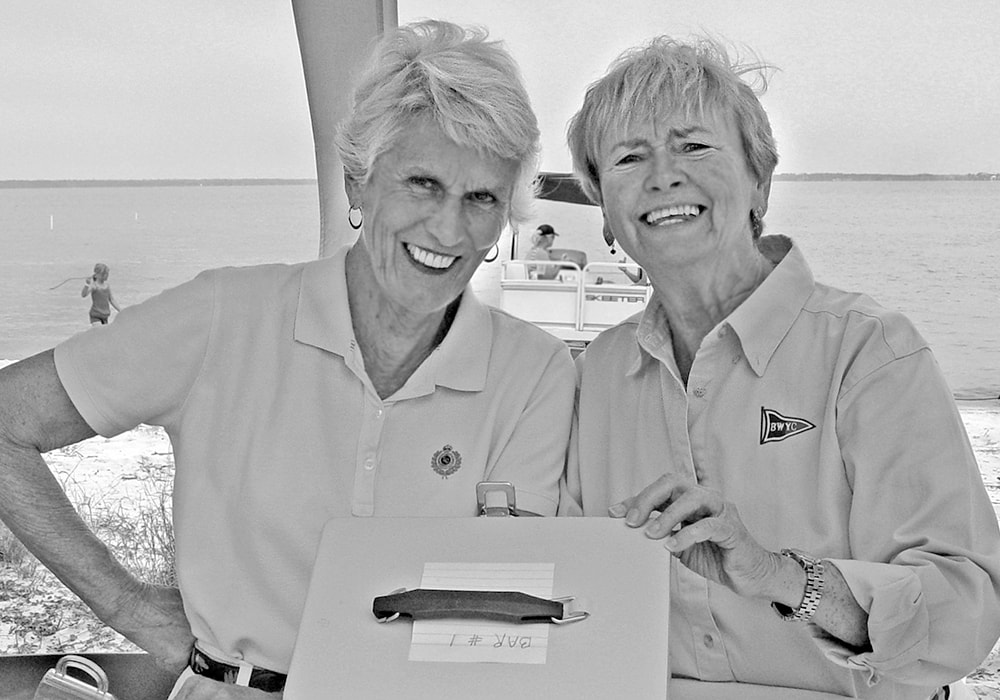
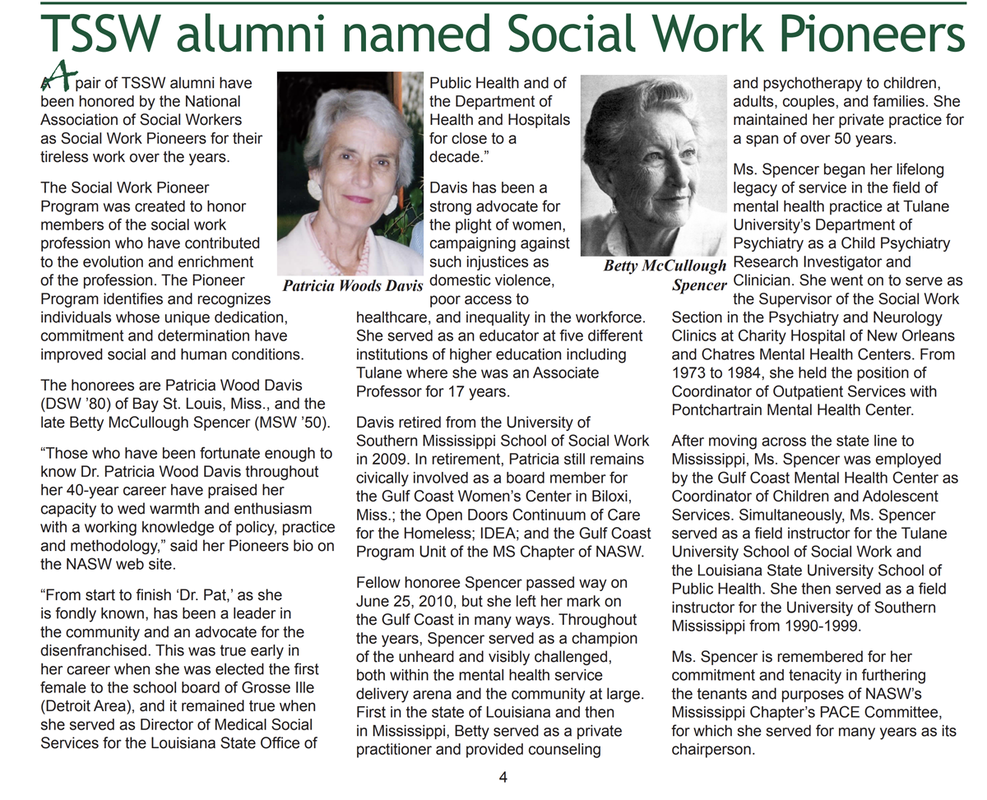
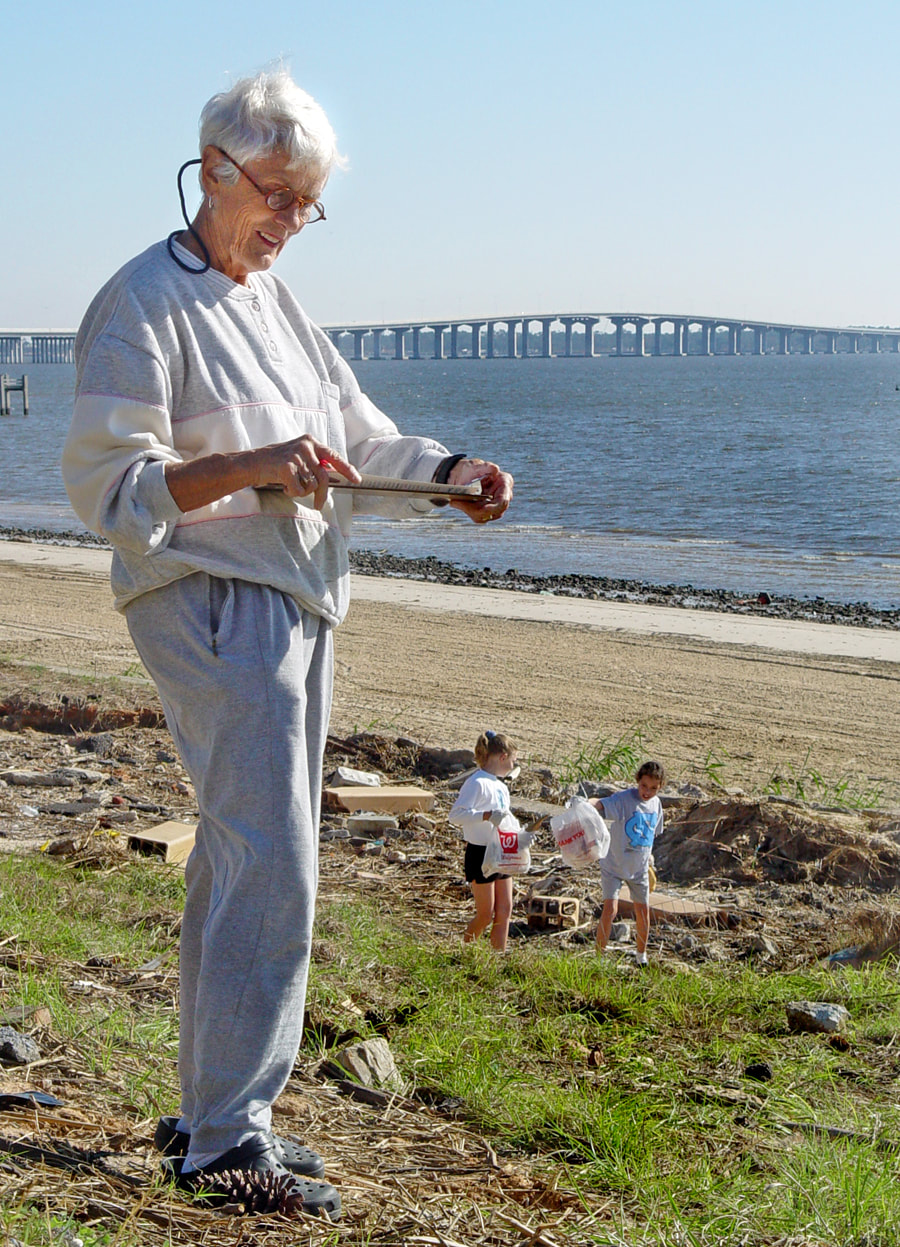

























 RSS Feed
RSS Feed























